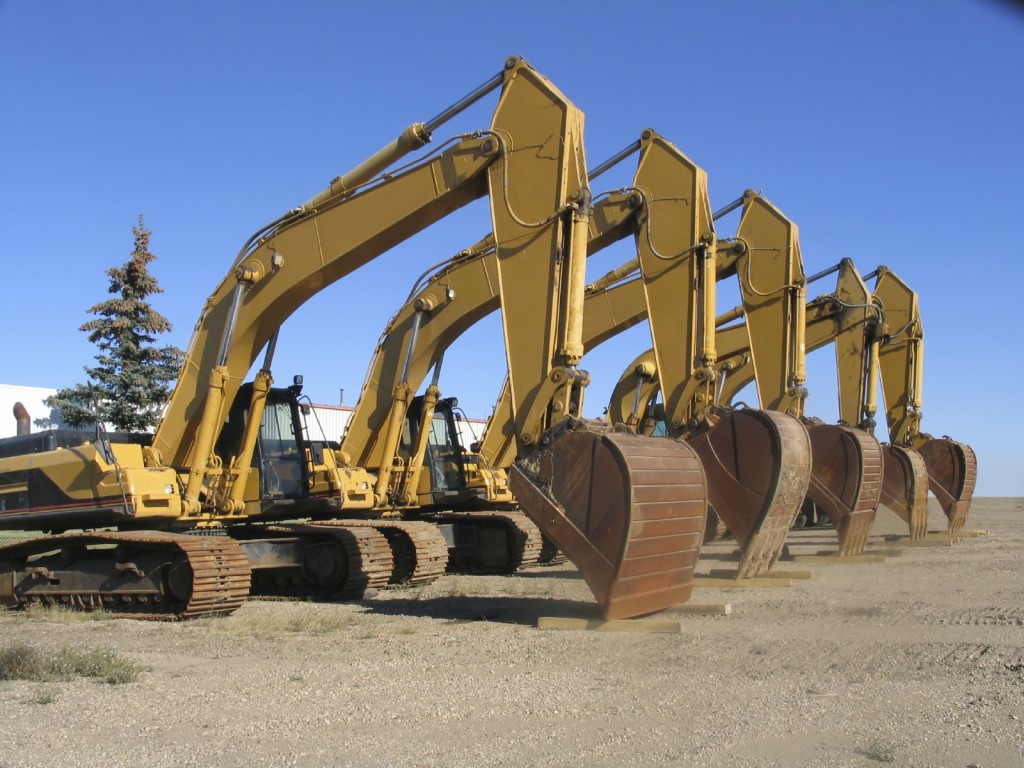
The Ulster Bank Construction Purchasing Managers' index reveals that the construction sector continued to see a decline in activity levels in March.
But the rate of decline in activity slowed over the month, while new business was broadly unchanged. Cost inflation accelerated markedly last month, mainly due to higher fuel prices
The index saw activity rising to 46.7 in March from 45.8 in the previous month. A figure above 50 means activity grew, below 50 means activity fell.
The latest reading pointed to a further reduction in activity, albeit the slowest in 2012 to date. Construction companies linked the fall in activity to fragile confidence among clients.
However, the rate of decline in activity slowed over March, while new business was broadly unchanged. The index noted that cost inflation accelerated markedly last month, mainly due to higher fuel prices.
Meanwhile, business optimism was solid, and improved to the strongest since prior to the current downturn.
"The March results of the Ulster Bank Construction PMI survey show that Irish construction firms continue to experience outright declines in activity levels, as they have done in each month since June 2007,'' commented Simon Barry, Ulster Bank's chief economist.
Today's index shows that the slowest reduction in activity in March was again recorded in the commercial sector, although the rate of contraction quickened in March. Activity on civil engineering projects continued to fall substantially, while housing activity decreased at a broadly similar pace to that seen in February.
New orders were broadly unchanged in March, having declined solidly in the preceding month. Some firms indicated that small contracts had been secured during the month, but others indicated that a reluctance among clients to commit to projects had prevented a rise in new orders.
Workloads remained insufficient to generate a rise in employment in the sector during March, but staffing levels decreased at a rate that was much weaker than seen throughout much of the current downturn.
The rate of input cost inflation accelerated for the third consecutive month in March, and was the fastest since April 2011. Higher prices for fuel and other oil-related products were reported by panellists.
Business sentiment was at its highest since January 2007 in March and, as such, was the strongest since the current downturn in activity began (in June 2007). Exactly 46% of respondents predict that activity will increase over the next 12 months, with signs of improving economic conditions and a forecast rise in new orders supporting optimism.
''Each of the main sub-sectors continues to witness ongoing contraction, with civil engineering again recording the sharpest falls while housing also showed large-scale declines. Commercial activity is holding up in a relative sense, but indications of stabilisation in this area around the turn of the year have given way to renewed weakness as the index of activity fell to its lowest level since October 2011," Mr Barry added.





